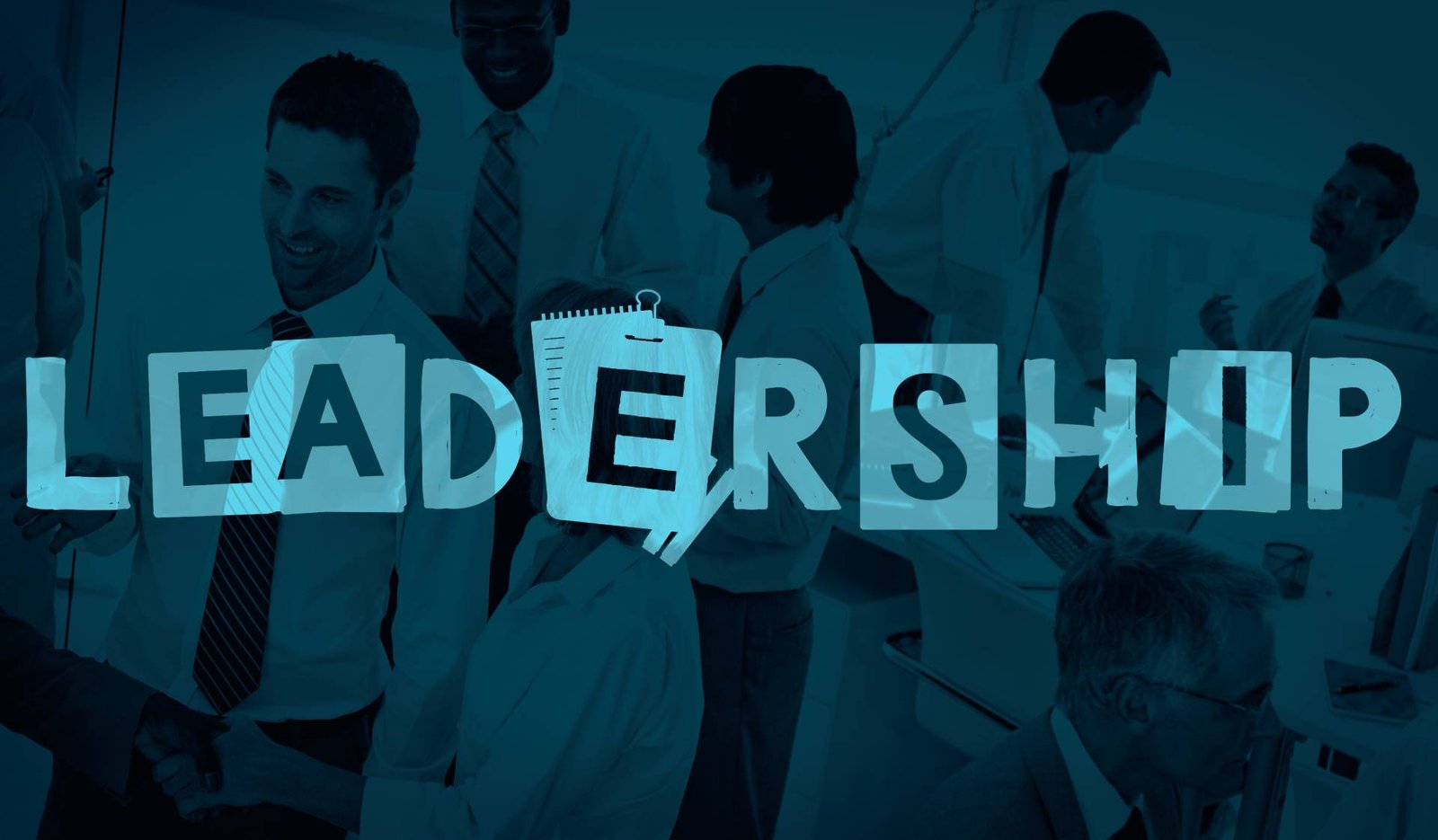What exactly does leadership development coaching entail, and how can it benefit me?
Leadership development coaching involves personalized guidance and support to enhance your leadership skills and effectiveness. Through tailored coaching sessions, I provide insights, strategies, and tools to help you overcome challenges, maximize your potential, and achieve your leadership goals.
Who Can Benefit From Leadership Development Coaching?

What Topics Are Covered In Leadership Development Coaching Sessions?
Coaching sessions cover a wide range of topics, including leadership communication, emotional intelligence, conflict resolution, decision-making, team dynamics, and strategic planning. Each session is tailored to your unique goals and challenges, ensuring that you receive targeted support in areas critical to your leadership growth.

How Long Does A Typical Leadership Development Coaching Program Last?
Frequently Asked Questions
Training and leadership development are indispensable components of personal and professional growth, each serving distinct yet complementary purposes. Training primarily revolves around the systematic impartation of specific skills or knowledge directly pertinent to an individual’s job or role. It is typically structured and goal-oriented, tailored to achieve predetermined outcomes or objectives.
Conversely, leadership development adopts a broader and more holistic approach, aiming to nurture a comprehensive set of leadership qualities and capabilities within individuals. While training constitutes a crucial component of leadership development, its scope extends beyond the mere acquisition of specialized skills. Leadership development endeavors to foster personal growth, self-awareness, and the cultivation of a leadership mindset and behaviors. This entails delving into various facets of leadership, including emotional intelligence, interpersonal skills, and strategic thinking. Leadership development initiatives often encompass diverse methodologies, such as coaching, mentoring, experiential learning, and reflective practices, all designed to empower individuals to unlock their leadership potential, foster meaningful relationships, and wield influence effectively.
Several signs indicate the need for a leadership development program within an organization:
- Lack of Effective Leadership: Signs include low morale, poor decision-making, or ineffective communication, indicating a need for leadership development.
- High Turnover Rates: Elevated turnover, especially in key positions, suggests dissatisfaction with leadership, highlighting the necessity for development.
- Skill Gaps: Identifying deficiencies like strategic thinking or emotional intelligence calls for targeted training through a leadership development program.
- Succession Planning Challenges: Difficulty grooming successors for key roles underscores the need for a program to ensure organizational stability.
- Stagnant Growth: If growth or innovation has stalled, investing in leadership development can equip leaders with the skills to drive change and adapt to market dynamics.
Leadership development is vital because it fosters:
- Effective Leadership and Organizational Performance: Leadership development programs cultivate the skills and qualities essential for guiding organizations through challenges, fostering innovation, and enhancing productivity. They equip leaders to make strategic decisions, manage teams efficiently, and drive growth, contributing to improved organizational performance.
- Employee Engagement, Retention, and Succession Planning: Strong leadership creates a supportive work environment that promotes employee engagement and retention. Leadership development programs help build strong relationships with teams, communicate effectively, and recognize employee contributions, ensuring organizational stability and continuity through effective succession planning.
- Innovation and Adaptability: Leadership development fosters creativity, critical thinking, and resilience in leaders, enabling them to drive innovation and adapt to changing market conditions. In today’s dynamic business landscape, these skills are crucial for navigating uncertainty and leading teams to success.
